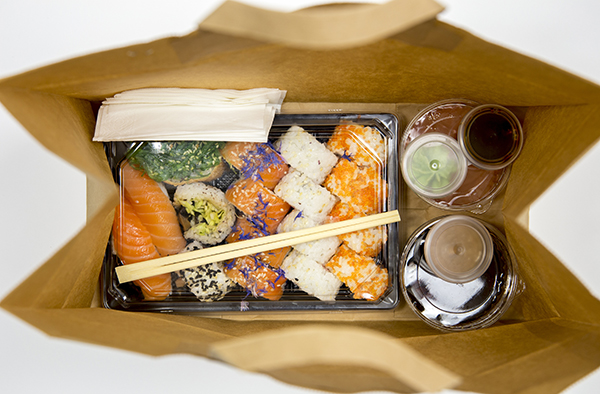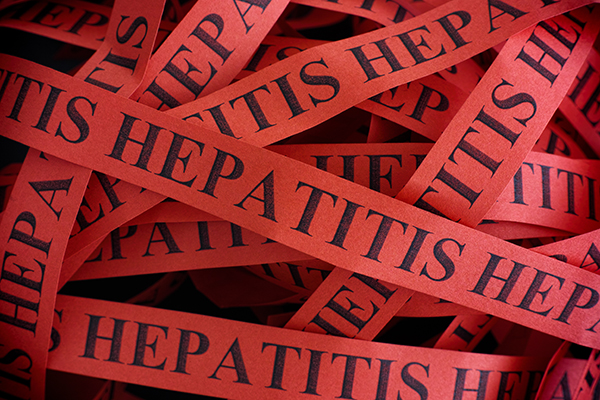Announcement from FoodHandler’s Sales Manager
We are pleased to announce that our new food safety consultants—Dr. Jeannie Sneed and Dr. Cathy Strohbehn—will be writing blogs twice each month, on the first and fifteenth. Their goal is to make these blogs relevant, and to continue conversations about food safety among foodservice operators. We invite you to contact them to ask questions, share success stories, make suggestions for blog topics, or provide other thoughts you have about food safety. You can email them at foodsafety@foodhandler.com
Margie Wiemer
Sales Manager











